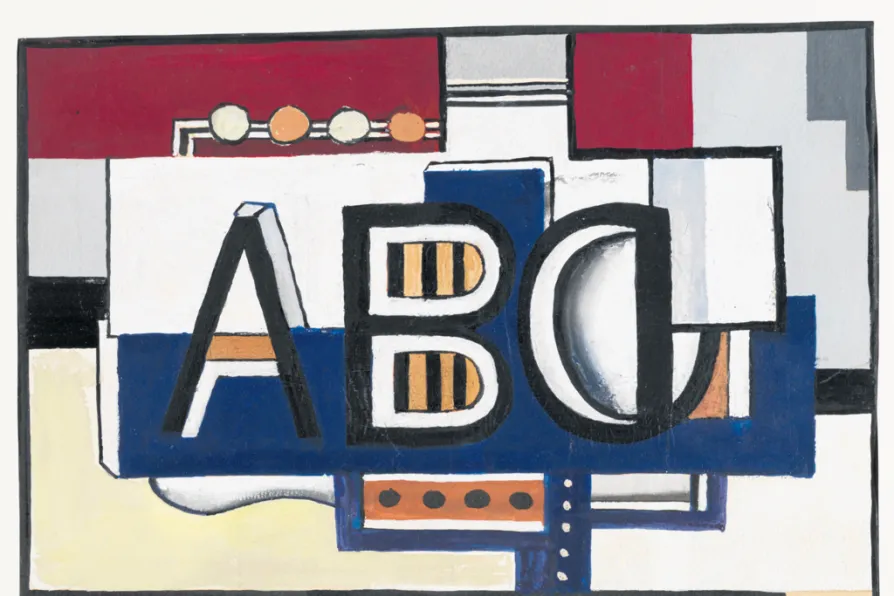The Bard stands with the Reformers of Peterloo, and their shared genius in teaching history with music and song
A purpose to pleasure
Tate Liverpool's exhibition reveals the brilliance of Fernand Leger, one of the great painters of realist political art, says CHRISTINE LINDEY

 ABC by Fernand Leeger, 1927
ABC by Fernand Leeger, 1927
FERNAND LEGER (1881-1955) grasped life with insatiable optimism and a passion for ideas. He was born in Normandy to a belligerent cattle merchant who died during his early childhood, leaving an impoverished widow. She apprenticed the 16-year-old Leger to an architect, but, in 1900, he fulfilled his desire to study art in Paris, by supporting himself as an architectural draughtsman.
He had grasped the full significance of the recent revolutionary Cubist and Futurist innovations and used them to convey the modernity of urban life, with its simultaneous cacophony of sounds, speeding motorised vehicles and visual stimulation.
Similar stories

Ben Cowles speaks with IAN ‘TREE’ ROBINSON and ANDY DAVIES, two of the string pullers behind the Manchester Punk Festival, ahead of its 10th year show later this month

This is poetry in paint, spectacular but never spectacle for its own sake, writes JAN WOOLF

In an exhibition of the graphic art of Lorna Miller, MATT KERR takes a lungful of the oxygen of dissent
Read Sisters, the journal of the National Assembly Of Women, below.










